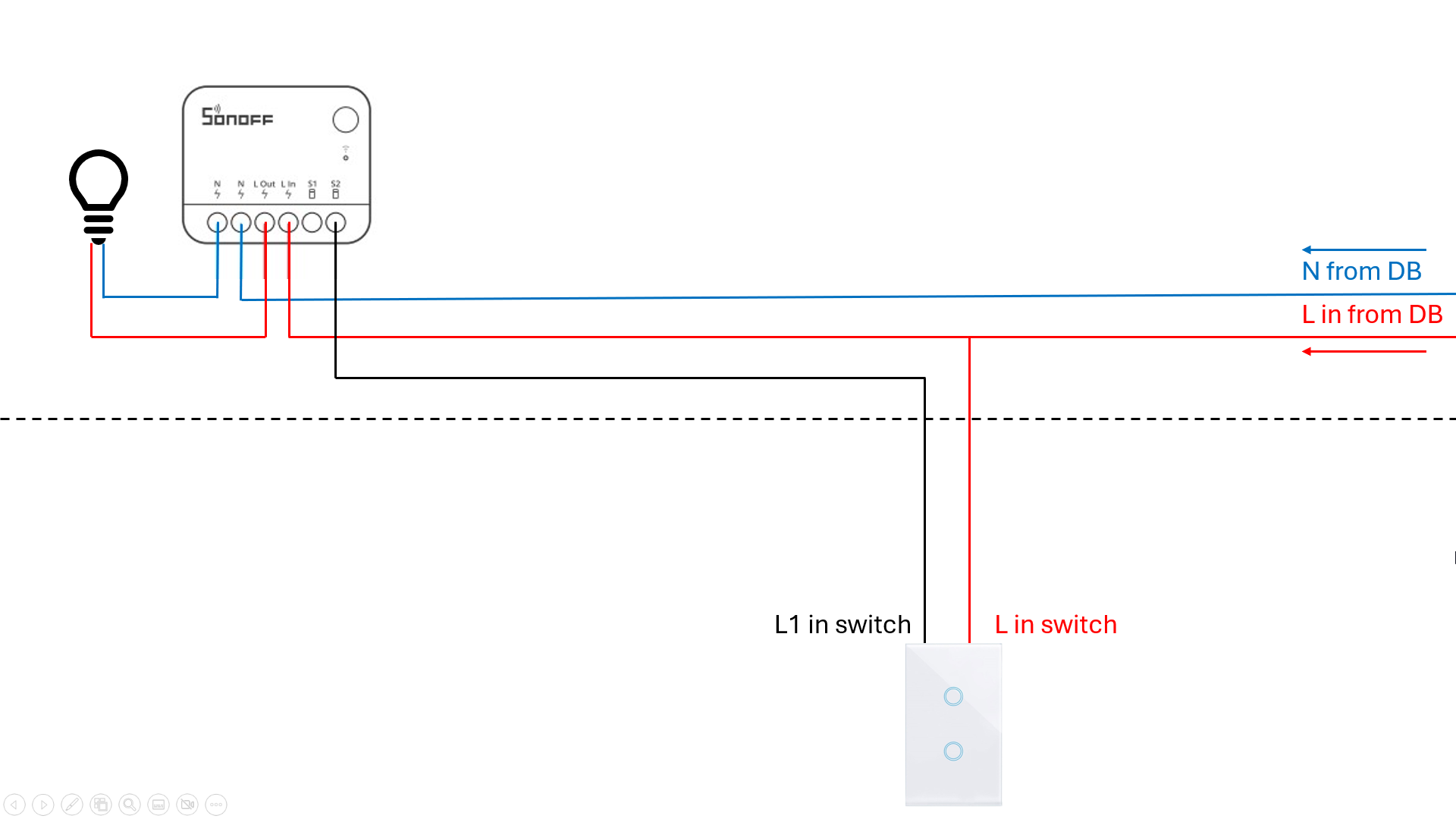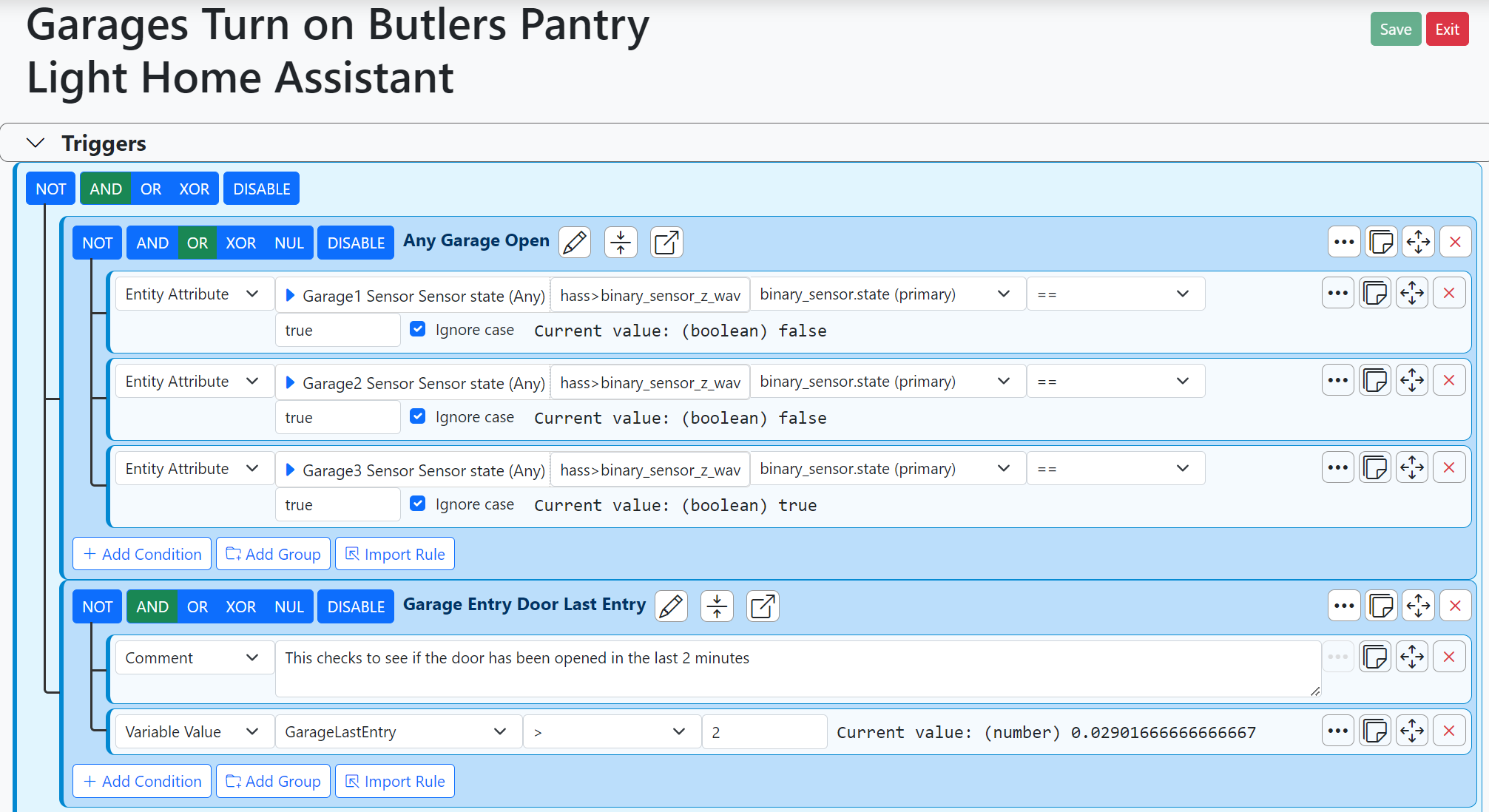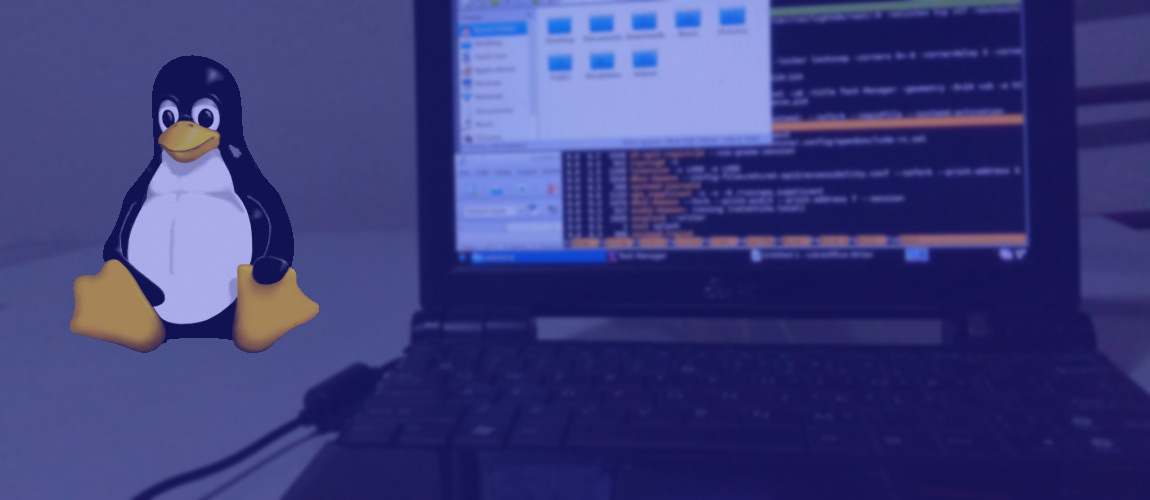Favorite lightweight linux distro?
-
Thanks, I definitely looked at both Debian and Alpine.
On Debian, it seems like you all like the hardcore base OS. Any reason not to consider the seemingly lighter offshoots like Elive?
I am struggling a bit to already see big differences between debian and ubuntu which is based on it but then they each have other distros spawn off of them too... They share the same linux kernels, following different version update strategies. Maybe I am wrong but shouldn't programs and packages compiled on one be able to run on the other?
For having dug deep into openWRT for example, the shift after chaos calmer to the LEDE branch led to binaries no longer being compatible due to a change in the C library used in the kernel. I don't seem to see anything similar between ubuntu and debian. Merely different apt repository differences?
@DesT, what is preventing you for example from running the ubuntu build of z-way-server on your debian install? -
Thanks, I definitely looked at both Debian and Alpine.
On Debian, it seems like you all like the hardcore base OS. Any reason not to consider the seemingly lighter offshoots like Elive?
I am struggling a bit to already see big differences between debian and ubuntu which is based on it but then they each have other distros spawn off of them too... They share the same linux kernels, following different version update strategies. Maybe I am wrong but shouldn't programs and packages compiled on one be able to run on the other?
For having dug deep into openWRT for example, the shift after chaos calmer to the LEDE branch led to binaries no longer being compatible due to a change in the C library used in the kernel. I don't seem to see anything similar between ubuntu and debian. Merely different apt repository differences?
@DesT, what is preventing you for example from running the ubuntu build of z-way-server on your debian install?@rafale77 said in Favorite lightweight linux distro?:
Any reason not to consider the seemingly lighter offshoots like Elive?
None at all
I am struggling a bit to already see big differences between debian and ubuntu which is based on it but then they each have other distros spawn off of them too... They share the same linux kernels, following different version update strategies. Maybe I am wrong but shouldn't programs and packages compiled on one be able to run on the other?
They might, and probably will. But sometimes they wont't. I can't honestly recall the lat time I found that happening, and I can't also recall the last time I tried to do something on Ubuntu that wouldn't work on Debian (or any of the derivatives) that didn't
Most of the issues that I used to struggle with were installation methodologies and locations.
C
-
@rafale77 Looks like I can be able to do something, I just need to find which file I need to check to make sure I don't override something!
The files in the folders /opt/z-way-server/config and in /opt/z-way-server/automation/storage are the ones related to your backups in the expertUI and smarthomeUI respectively.
The plugin files typically don't get overridden but just in case, they are stored in /opt/z-way-server/automation/userModules. -
@rafale77 said in Favorite lightweight linux distro?:
Any reason not to consider the seemingly lighter offshoots like Elive?
None at all
I am struggling a bit to already see big differences between debian and ubuntu which is based on it but then they each have other distros spawn off of them too... They share the same linux kernels, following different version update strategies. Maybe I am wrong but shouldn't programs and packages compiled on one be able to run on the other?
They might, and probably will. But sometimes they wont't. I can't honestly recall the lat time I found that happening, and I can't also recall the last time I tried to do something on Ubuntu that wouldn't work on Debian (or any of the derivatives) that didn't
Most of the issues that I used to struggle with were installation methodologies and locations.
C
-
I am testing the spicier peppermint!
 It's more lightweight and so far I am liking it. The use of the laptop for the home automation controller has the advantage of including a built in UPS... and a screen and keyboard when needed. When I look at what one can get for ~$100 for laptops these days, it's starting to challenge the use of SBCs.
It's more lightweight and so far I am liking it. The use of the laptop for the home automation controller has the advantage of including a built in UPS... and a screen and keyboard when needed. When I look at what one can get for ~$100 for laptops these days, it's starting to challenge the use of SBCs. -
I am testing the spicier peppermint!
 It's more lightweight and so far I am liking it. The use of the laptop for the home automation controller has the advantage of including a built in UPS... and a screen and keyboard when needed. When I look at what one can get for ~$100 for laptops these days, it's starting to challenge the use of SBCs.
It's more lightweight and so far I am liking it. The use of the laptop for the home automation controller has the advantage of including a built in UPS... and a screen and keyboard when needed. When I look at what one can get for ~$100 for laptops these days, it's starting to challenge the use of SBCs.@rafale77 said in Favorite lightweight linux distro?:
I am testing the spicier peppermint!
 It's more lightweight and so far I am liking it. The use of the laptop for the home automation controller has the advantage of including a built in UPS... and a screen and keyboard when needed. When I look at what one can get for ~$100 for laptops these days, it starts challenge the use of SBCs.
It's more lightweight and so far I am liking it. The use of the laptop for the home automation controller has the advantage of including a built in UPS... and a screen and keyboard when needed. When I look at what one can get for ~$100 for laptops these days, it starts challenge the use of SBCs.Yes, but, well, big and prone to overheat if you try and run them with the lid shut. If you run them with the lid open, then dust.....
C
-
@rafale77 said in Favorite lightweight linux distro?:
I am testing the spicier peppermint!
 It's more lightweight and so far I am liking it. The use of the laptop for the home automation controller has the advantage of including a built in UPS... and a screen and keyboard when needed. When I look at what one can get for ~$100 for laptops these days, it starts challenge the use of SBCs.
It's more lightweight and so far I am liking it. The use of the laptop for the home automation controller has the advantage of including a built in UPS... and a screen and keyboard when needed. When I look at what one can get for ~$100 for laptops these days, it starts challenge the use of SBCs.Yes, but, well, big and prone to overheat if you try and run them with the lid shut. If you run them with the lid open, then dust.....
C
True! but it also depends on how old the CPU is and what you buy. The Chromebook class of Gemini Lake CPUs have TDP of 8W! From my testing they consume about the same power as a rPi 4 (with the screen off) at peak and run much cooler while offering 3-4X the performance. Yeah they are more expensive but not by much. My N4100 mini PC is one such example... passively cooled and powered by POE. power requirements are even lower than for an rPi4.
I am testing a refurb laptop with an i7 8550u 15W-TDP which is now completely passively cooled idling at 34C (ambient of 22C) and needs to be "benchmark stressed" to hit 65C. (ok I admit it, I modded the cooler to get to this result. The laptop offers more room for passive cooling solutions...) Surprisingly as I reported above the peppermint OS made a difference vs. ubuntu which led to my question.
I left the laptop on with the lid closed overnight and to the touch, I can't tell that it is on... No warm spot anywhere. With ubuntu server it would slowly creep up and steady at 42-43C which was detectable to the hand.
-
For our workloads (web and apps, mainly in cloud), in combination with Kubernets, we regularly use Alpine. it's very lightweight, but you can build an image with exactly the things you need: https://alpinelinux.org/
I end looking at alpine and turns out the show stopper is musl vs. glibc... the same problem as LEDE vs openWRT so there will be compatibility issues with most of what we run which are compiled with glibc.
-
That's what I realized from some of the screenshots you shared... That's another interesting project for me as I am also looking into more AI applications. One interesting one here for better facial recognition:
https://deepstack.ccMaybe I could even cluster together some mini pcs and laptops...



 50+ Best Lightweight Linux Distros for 2023 – ThisHosting.Rocks
50+ Best Lightweight Linux Distros for 2023 – ThisHosting.Rocks



 Moving away from Alpine
Moving away from Alpine
